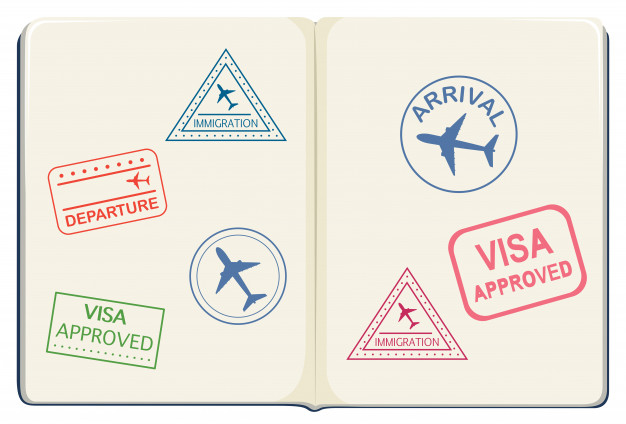Employment Law
Hiring foreign employees in Japan
Before you consider hiring foreign employees in Japan, it is imperative that you understand the requirements and limitations set forth by Japanese labor laws/employment laws. In order for you to have a better grasp of this topic, this article will go over the important points of consideration when hiring foreign employees in Japan.
Amendment to the Immigration Control Act
It’s important to understand the various immigration laws and recent amendments to these laws prior to hiring foreign employees in Japan.
A partial amendment to the Immigration Control and Refugee Recognition Act was made on December 8, 2018, that established two new resident statuses for foreign workers in Japan — Specified Skilled Type 1 and Type 2. Prior to this amendment, foreign workers in Japan could only be accepted in professional or highly technical fields fields, such as engineers, marketers, teachers, and lawyers — this amendment was made to include “semi-skilled workers” as an initiative to attract more foreign workers in Japan.
Workers with the “Type 1” status of residence should have a skill level that doesn’t require special training, meaning that they’re able to engage in work immediately at an expected level. In order to receive this status, applicants are required to take industry-specific examinations, although applicants who are technical interns who have completed the first and second stage of their internship are exempt from this requirement. Workers with this status of residence are able to stay and work in Japan for up to five years, but are not permitted to bring family to Japan.
Workers with the “Type 2” status of residence are reserved for highly-skilled foreign workers who are capable of overseeing and executing tasks at a managerial or supervisor level, and thus requires a more advanced professional/technical background than its Type 1 counterpart. In addition, individuals with the Type 2 status of residence have no limitation on renewing their period of residence, and are also permitted to bring family to reside in Japan.
When you’re hiring foreign employees for your company, it’s crucial to assess their skill-level and confirm their status of residence as soon as possible. Therefore, it’s recommended to put procedures in place during the employment process, such as getting prior confirmation from workers before a job interview.
Visa (Status of Residence)

If an individual has a visa/status of residence of “Permanent Resident”, “Spouse or Child of Japanese National”, “Spouse or Child of Permanent Resident”, or “Long-term Resident”, there should be no problems at all when it comes to employing said individual.
Individuals that are permitted to work within the limit of certain types of job scopes and industries must have one of the following statuses of residence:
Professor, Artist, Religious Activities, Journalist, Investor/Business Manager, Legal/Accounting Services, Medical Services, Researcher, Instructor, Engineer/Specialist in Humanities/Int’l Services, Intracompany Transferee, Skilled Labor, Entertainer, Specified skill worker, Technical intern training, and Highly Skilled Foreign Professional (HSP).
However, it gets complicated when a prospective worker has a working visa, and the job duties of the position that you’re hiring for do not match the prospective worker’s educational/professional background.
In cases where a prospective worker’s status of residence does not match the job duties of a company wishing to hire him/her, the employer must sponsor the prospective worker’s visa to change his/her status of residence.
Foreign nationals with any one of the following statuses of residence are not eligible to work in Japan:
- University Student
- Pre-University Student
- Dependent
However, employing an individual with one of the above statuses of residence is possible, so long as said individual has obtained a permit for extra-status activities from the Immigration Bureau of Japan. University students are permitted to receive remuneration for work as long as the work does not exceed 28 hours a week.
As it’s crucial for employers to understand what to be cautious about in order to comply with the employment rules of Japan, make sure to not engage in any of the following practices:
- Delegating work that is outside the scope of a foreign employee’s residential status without said employee obtaining a permit for extra-status activities
- Employing foreign nationals with a status of residence that does not permit them to engage in work for remuneration
- Employing any foreign national with an expired visa
For more information, we recommend taking a look at our in-depth article on visas and status of residence in Japan by clicking here.
What to do if you’ve employed a foreign employee
Japanese employment laws require that companies report to Hello Work (ハローワーク / harōwāku), the Japanese government’s Employment Service Center, whenever a foreign hire is made. Information about the foreign employee, such as full name and visa status, must be reported in order to comply with such laws. For more details on what to do once you’ve hired a foreign employee, click here.
This page is intended to be used for informational purposes only and should not be a substitute for obtaining professional legal advice.